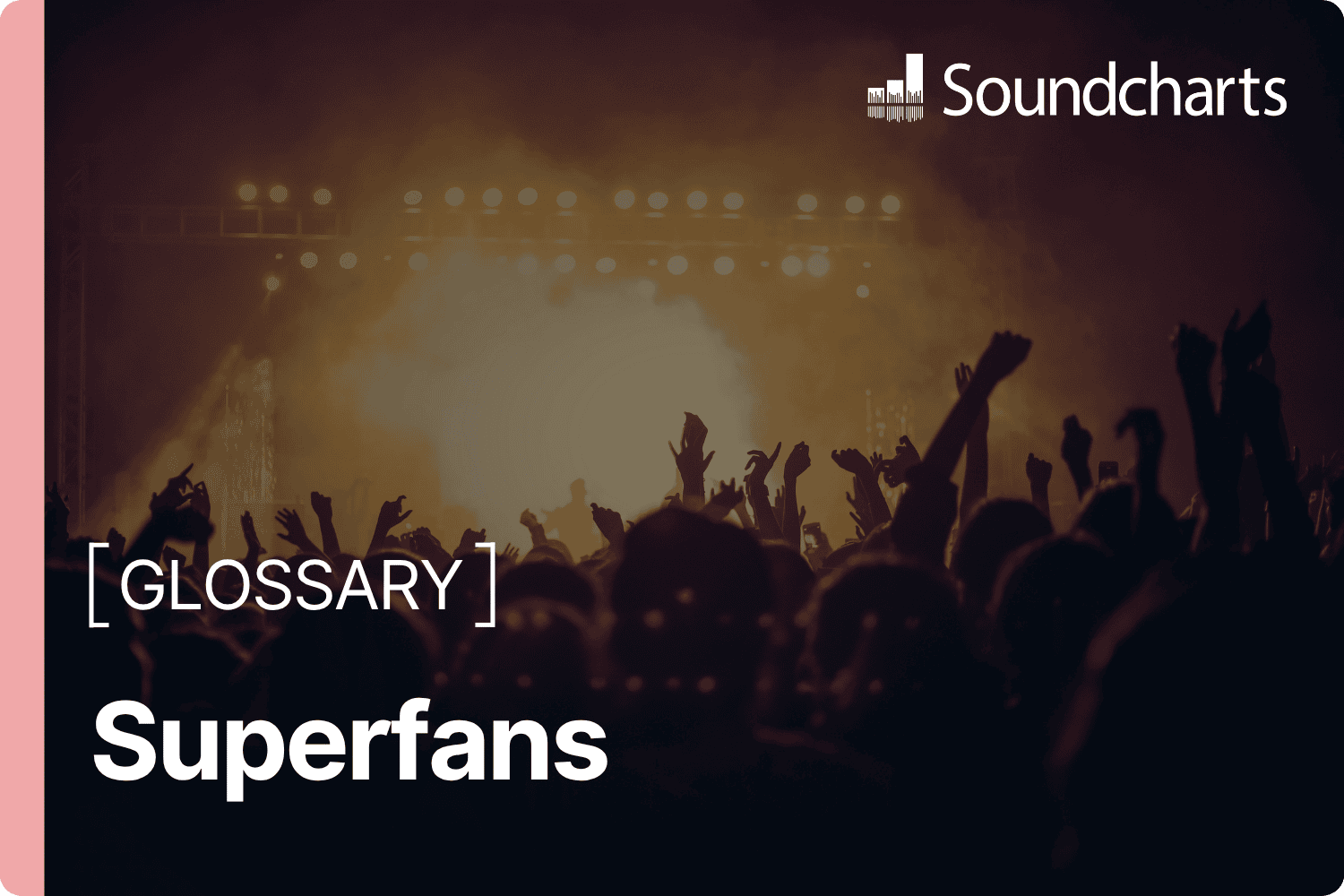
Learn what makes a fan a superfan, how they behave, and why superfans matter more than ever.
Glossary
August 8, 2025 • 10 min read
Glossary
Clear definitions of key music industry terms — from A&R to royalties — to help artists, managers, and professionals understand how the business works.

Learn what makes a fan a superfan, how they behave, and why superfans matter more than ever.
Glossary
August 8, 2025 • 10 min read

Learn what a UPC code is in music, how it differs from an ISRC, and why it’s essential for releasing and tracking your music on streaming platforms and digital stores. A beginner-friendly guide for artists, labels, and distributors.
Glossary
July 31, 2025 • 2 min read

Neighboring rights are royalties paid to performers and recording rights holders when a track is played publicly. Learn how they work and how to collect them.
Glossary
July 29, 2025 • 2 min read

Discover what a record label really does, how label deals work, and the differences between major and indie labels. Learn why record labels still matter in today’s music industry—and what artists should know before signing.
Glossary
July 29, 2025 • 5 min read

A DSP (Digital Service Provider) is a platform that streams or sells music, like Spotify or Apple Music. Learn what DSPs do, how they work, and why they matter in today’s music industry.
Glossary
July 28, 2025 • 2 min read

Understand what an ISRC is and why it matters for managing royalties, streaming data, and music rights.
Glossary
July 25, 2025 • 2 min read

Learn what A&R means in music, what an A&R does — from scouting talent to coordinating releases — and how it differs from an artist manager.
Glossary
July 24, 2025 • 2 min read